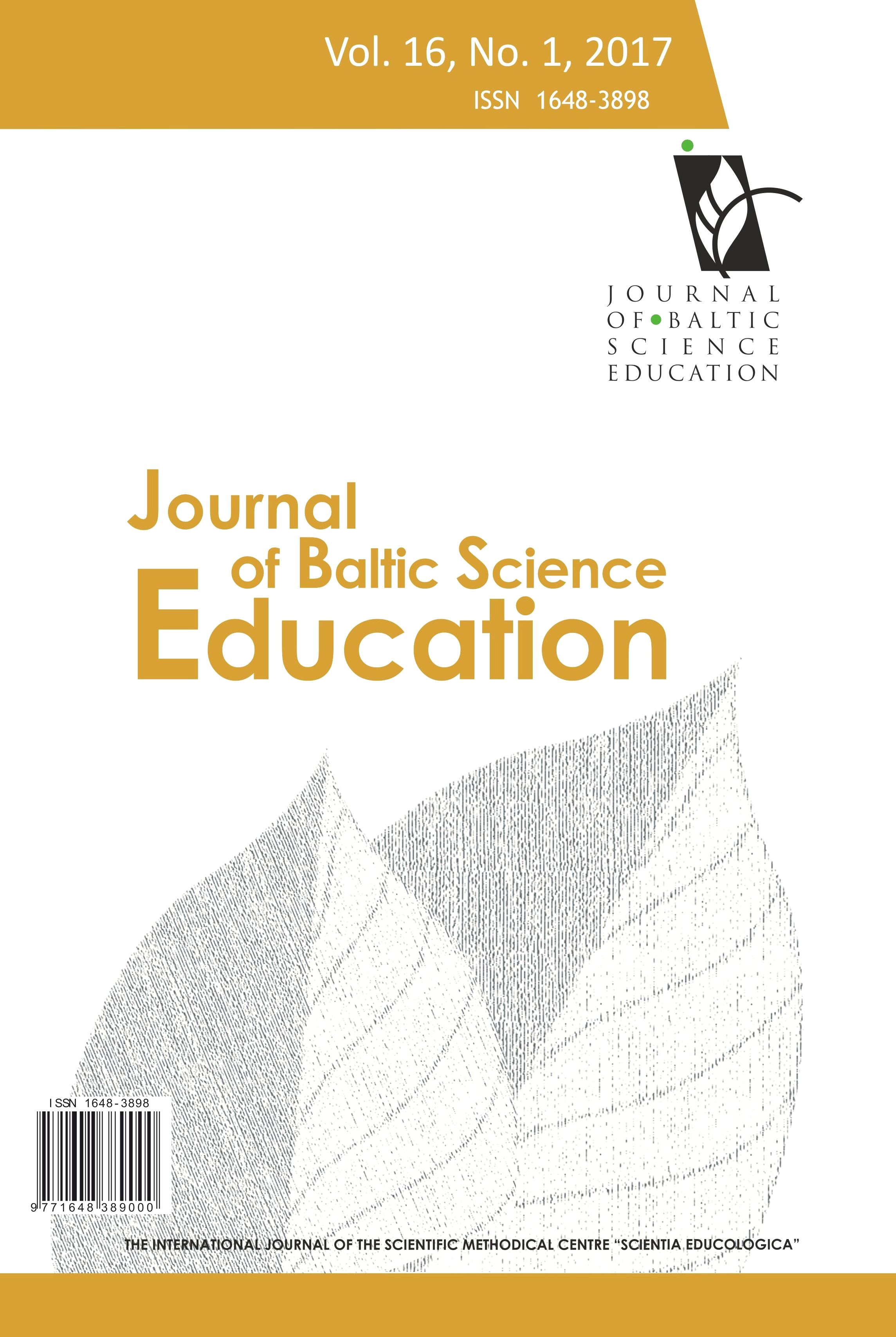CONCEPTION OF LEARNING PHYSICS AND SELF-EFFICACY AMONG INDONESIAN UNIVERSITY STUDENTS
CONCEPTION OF LEARNING PHYSICS AND SELF-EFFICACY AMONG INDONESIAN UNIVERSITY STUDENTS
Author(s): Nadi Suprapto, Te-Sheng Chang, Chih-Hsiung KuSubject(s): Education, Higher Education
Published by: Scientia Socialis, UAB
Keywords: conception of learning; physics education; self-efficacy; survey study; university student;
Summary/Abstract: This research aimed to explore the correlation between Indonesian University students’ conception of learning physics and their physics’ self-efficacy. A total of 279 students who were majoring in physics education participated in this research and were invited to complete two instruments: the conception of learning physics (CLP) and the physics learning’ self-efficacy (PLSE). Both of the questionnaires, which were modified from [Lin, Liang, & Tsai (2015a) and Lin, Liang, & Tsai (2015b)]’ instruments, had been translated into Indonesian language and validated through an exploratory factor analysis of participants’ responses. The differences between student levels were explored for their significance using an ANOVA test in order to portray a clear line among different conceptions of learning physics and physics learning self-efficacy. The results indicated that, first, the instruments used in the research had satisfactory validity and reliability. Second, students in sophomore level were significantly lower on the conceptions of testing than those in other levels. Meanwhile, the conceptions of calculating-practicing and understanding were not significantly different. Third, university students in senior level performed more confident in four dimensions: science content, higher-order thinking, everyday application, and science communication than others. The research also depicted a moderate correlation among dimensions of CLP and PLSE.
Journal: Journal of Baltic Science Education
- Issue Year: 16/2017
- Issue No: 1
- Page Range: 7-19
- Page Count: 13
- Language: English

